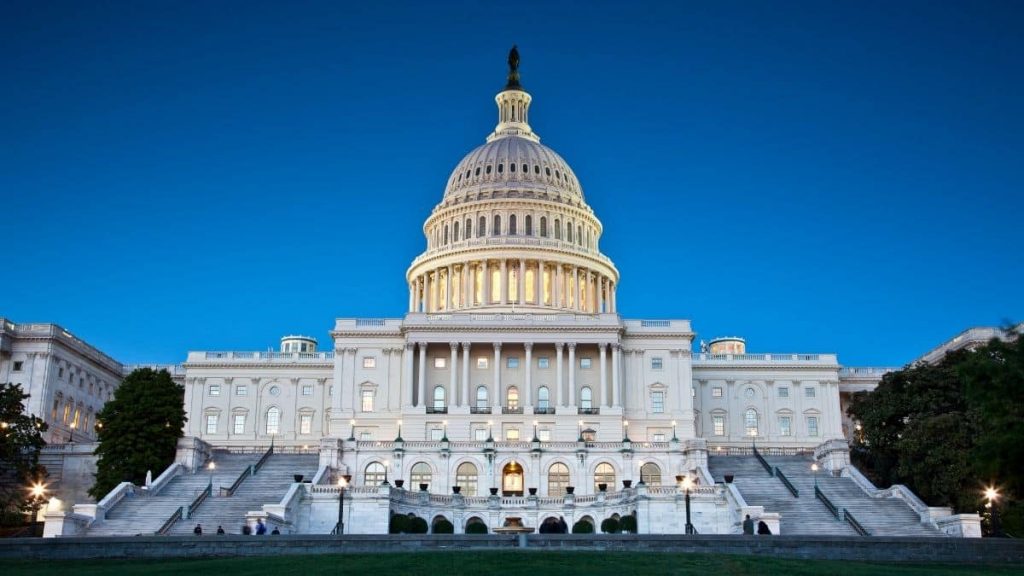
On Monday, negotiators in the U.S. Congress unveiled a government funding bill totaling $1.7 trillion, with the goal of passing the measure before temporary funding runs out at the end of the week.
This marks an increase from the approximately $1.5 trillion appropriated the previous year.
The bill includes a record $858 billion in military spending for the year, up from $740 billion last year and exceeding Joe Biden’s request. It also includes $44.9 billion in emergency assistance to Ukraine and NATO allies and $40.6 billion to assist communities in the United States recovering from natural disasters and other issues.
Leaders in the Senate and House of Representatives are striving to pass the bill and send it to President Biden by the end of the week in order to avoid any interruptions in government activities. Democrats and Republicans have been at odds over how much money should be allocated to military and non-military programs. Both parties have attempted to include as many legislative items as possible in the “omnibus” bill, which will fund the government through the end of the fiscal year on September 30, 2023.
House Representative Thomas Massie (R-KY) is critical of the bill, saying he believes that supporting a single, comprehensive government funding bill that is written by a small group of insiders and passed without sufficient time for review does not align with upholding democratic values. “I’m a no on Omnibus,” Massie tweeted before pointing out the bill is over four thousand pages long. “Don’t tell me you ‘defend democracy’ if you support one bill once a year that funds everything, written behind closed doors by a few insiders, with insufficient time to read before voting,”
Rep. Chip Roy (R-TX) vowed opposition to the bill, who posted screenshots of a letter he and other GOP House members sent to the Senate explaining they would “whip opposition” to Senators who vote for the bill.
In a statement, Democratic Senator Patrick Leahy said, “From funding for nutrition programs and housing assistance, to home energy costs and college affordability, our bipartisan, bicameral, omnibus appropriations bill directly invests in providing relief from the burden of inflation on the American people.”
If the bill is not passed, it could result in a partial government shutdown beginning on Saturday, just before Christmas, and potentially lead to a months-long standoff after Republicans take control of the House on January 3, breaking the Democrats’ grip on both chambers of Congress. Negotiators worked through the weekend to finalize the bill, which could still be amended by the full House or Senate.

